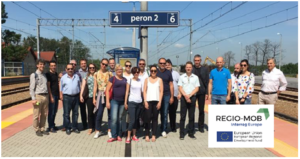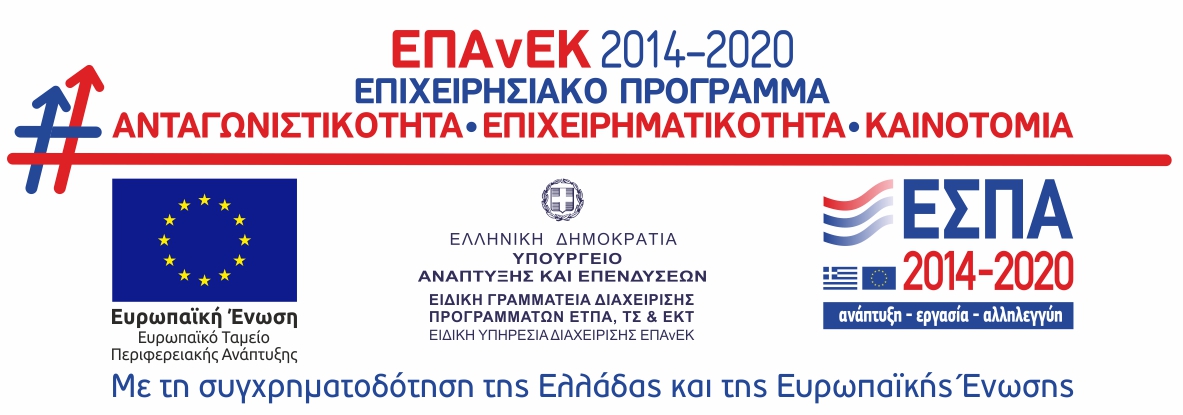Project summary
European regions are facing an increasing mobility demand while coping with higher congestion levels. Undoubtedly, there is a strong need to increase the use of sustainable transport modes meaning, above all, promoting intermodality, technical innovation and the use of cleaner and more efficient systems. Hence, European regions need to undertake the transition towards low-carbon and resource efficient transport systems in order to increase mobility, remove major barriers and fuel growth and employment.
In this challenging context, where an effective action requires strong interregional cooperation, arises REGIO-MOB, whose overall objective is to secure Europe’s sustainable growth by promoting sustainable mobility. Therefore, influencing the related instruments in each concerned territory and contributing to their improvement and more efficient performance, as a result of mutual interregional learning.
 REGIO-MOB partners expect to contribute to the consolidation of sustainable mobility in their regions by improving their policies performance as a result of a shared learning process. This improvement will be materialised through the development of regional mobility strategies development approach (environmental, economic& social factors). To this end, every partner will carry out a regional analysis on their needs best practices, which will be further transferred through the 7 regional workshops.
REGIO-MOB partners expect to contribute to the consolidation of sustainable mobility in their regions by improving their policies performance as a result of a shared learning process. This improvement will be materialised through the development of regional mobility strategies development approach (environmental, economic& social factors). To this end, every partner will carry out a regional analysis on their needs best practices, which will be further transferred through the 7 regional workshops.
In addition, each one of them will set up a Regional Stakeholders Group that will enrich the process & will also ensure the key stakeholders engagement. This process’ results will be gathered in a Guide on Recommendations for more efficient & cleaner mobility prior to undertake the development of the 7 Regional Mobility Plans. The outputs will directly benefit the partners, our stakeholders and clearly our regions. Eventually, we aspire to influence as well other regions not originally involved in the project. Then we will be able to say that we have fully succeeded.
What policy instruments does the project address?
R.O.P. WESTERN MACEDONIA Thematic Objective 7 – Promotion of sustainable transport and elimination of bottlenecks in the necessary network infrastructure.
- Investment Priority 7b – Enhancing regional mobility by connecting secondary and tertiary nodes to TEN-T (Trans-European Transport Networks) infrastructure, including multimodal hubs.
The Regional O.P. is focused mainly on building new infrastructure projects (regional and national roadwork). The O.P. should be more focused on sustainable mobility and urban quality of life (e.g. road and personal safety in urban transport, energy saving of transport modes, renewal of urban areas to be more pedestrian friendly, priorities to alternative modes of transport such as bicycles, walking, etc.) and promotion of new measures and technologies for the environment. It is also important to give priorities to better co-ordinate and integrate transport modes, avoid overlaps of responsibility and promote an integrated transport authority for all modes (such as public transport and road traffic management/control).



